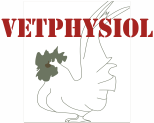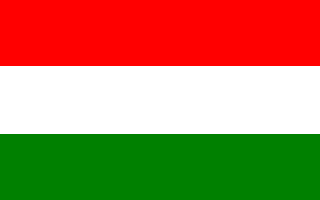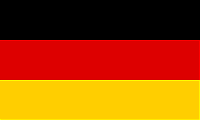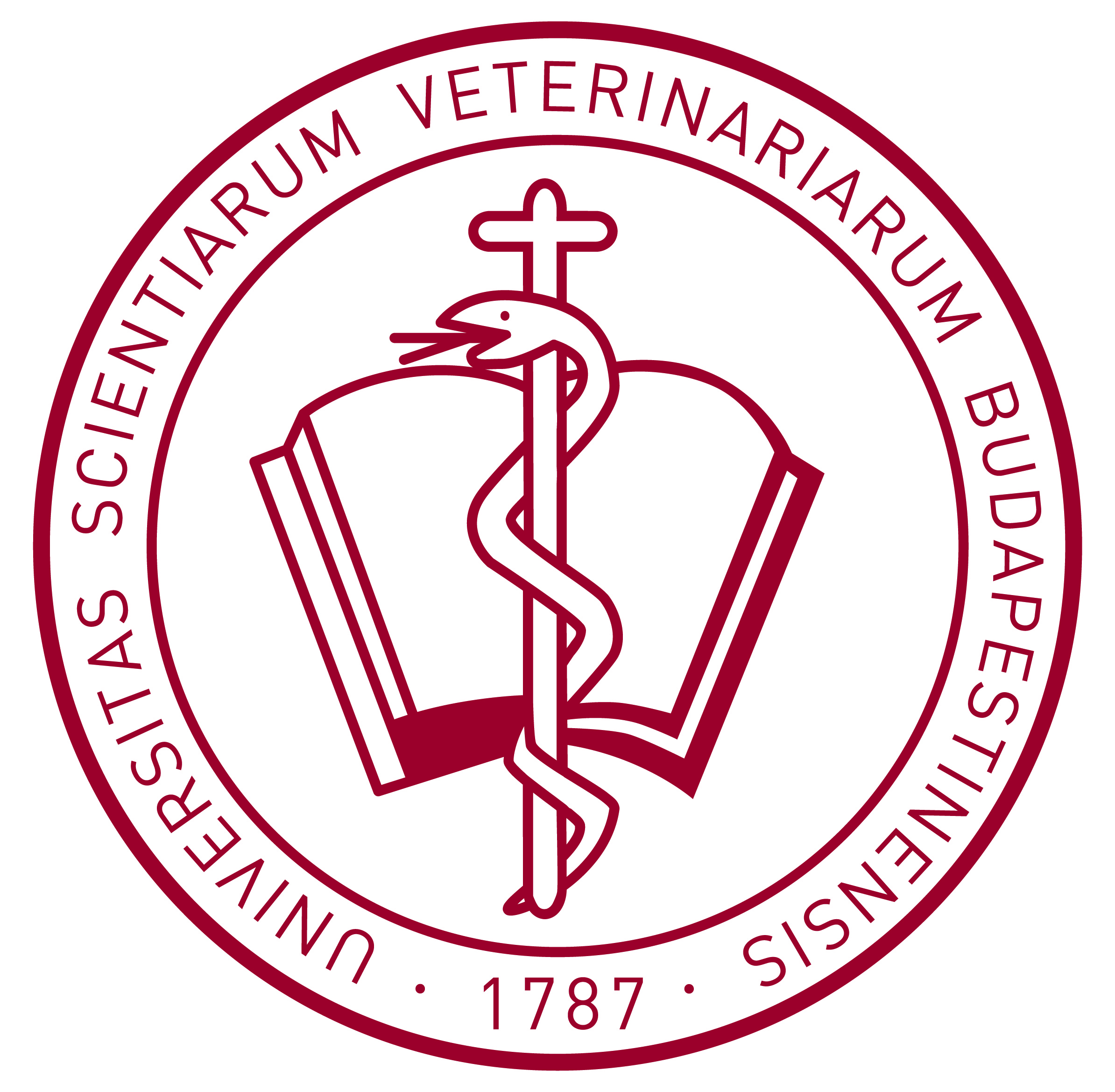Department of Physilogy and Biochemistry
The Department of Physilogy and Biochemistry hosts a vibrant, open-minded staff, innovative in a lot of senses forming a convergent and cheerful team. We believe these are our most important attributes, however a lot of time passed till this team was formed, let’s see…
Story
An independent department of Physiology was founded in 1872 headed by Lajos Tanhoffer, from whose 700-page book on comparative physiology generations of students and experts were studying all over the word. During the leadership of Géza Farkas, in 1908 the building was rebuilt and broadened with an extra floor. In 1948, under the period of Péter Bálint, Professor of Medicine the teaching of histology and physiology became separated, and a special attention was given to physiological chemistry. It was the year of 1952 when at the first time a doctor of veterinary sciences became the head in the person of Armand Kemény. In the education he put more emphasis on the veterinary attitude towards economic farm animals. He remained in the position more than 20 years, and later on the first multimedia laboratory of the University was named for him as recognition of his long-lasting merits. It was in 1964 under György Pethes, when our department was lucky to build the very first B-level radioisotope research laboratory in whole Europe. This opened the opportunity to introduce the usage of modern methods of radio immune analytics. Partly supported by these methods new research projects established that time, that have been proved good basis even for our to-day experiments.
Research
Our recent research is split into a wide range of interrelated areas of study, mostly arranged around the investigation of endocrine and neuroendocrine pathways among peripheral (digestive and reproductive) organs and brain areas, and how these pathways and included mechanisms are influenced by metabolic and reproductive states, as well as, cytotoxic, inflammatory and environmental effects. Our work is necessarily multidisciplinary and cross-cutting, applying a number of molecular, morphological and neurophysiological techniques. Of course, research work couldn’t be effective without national and international collaborations. We are proud to maintain long-term relations with Yale University, University of Veterinary Medicine Hannover in Germany, University of Cincinnati, US, University of Oxford, UK and Institute of Experimental Medicine, Hungary.
Teaching
Crucially, we think that learning is just as important as research, and at our core lies a belief that a synthesis of the two is key to advancing our understanding. Our teaching task comprises physiology and biochemistry, in both the Veterinary Preclinical and the Biology BSc program. All these alone represent a high workload and even more if one knows that the large number of vet students is thought in three languages, Hungarian, English and German. Even though, we try to pay personalized attention to each of our students helping through the rugged road of the curriculum. Furthermore, our teaching staff is ambitious to follow the permanently changing demands with regard to teaching methods and materials, or even to introduce brand-new ideas. In the spirit of this, beyond the above obligatory subjects we offer several classic and innovative (e-learning based or tutorial) elective subjects from Physiology of learning, through Bioinformatics and Pathobiochemistry up to Paleophysiology, mentioning only some examples. Furthermore, those students that are more deeply interested in high quality research work, they are welcome to join our ongoing investigations providing topics for thesis works.






